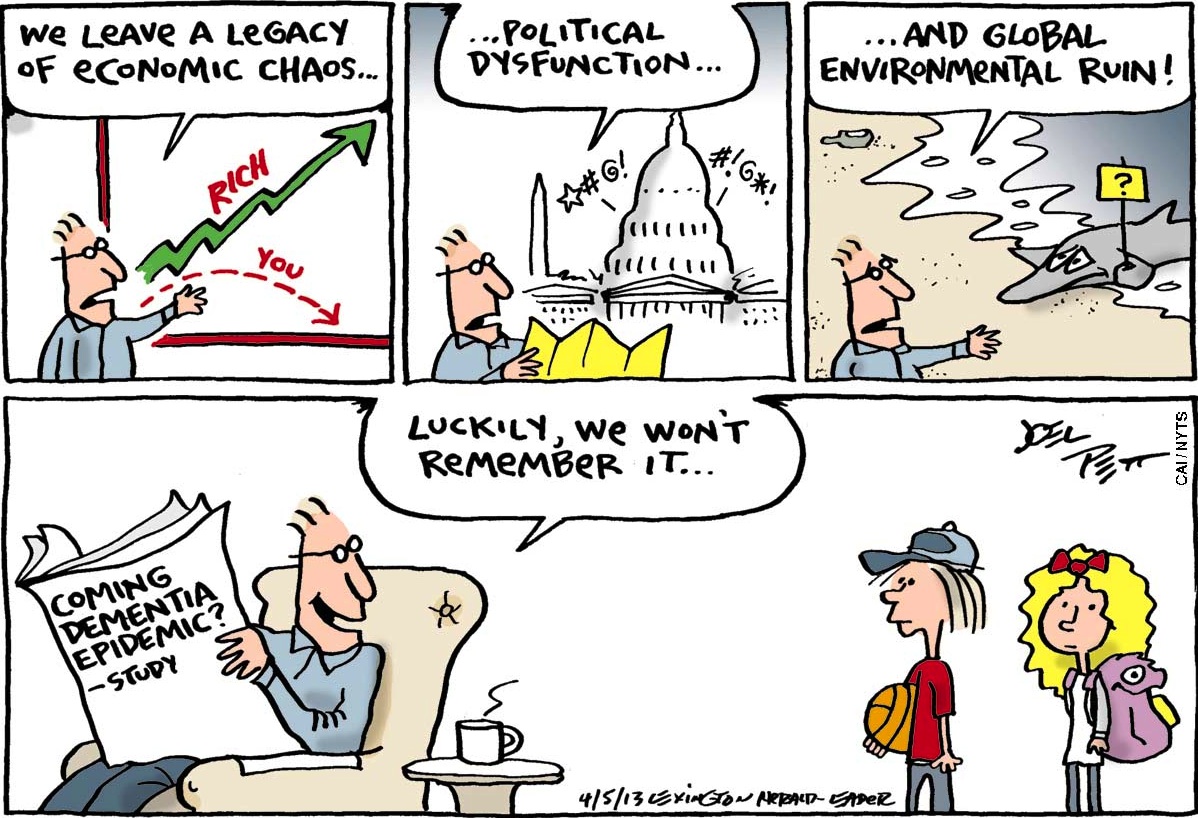It didn't take long to discover there was some hype behind the latest drug being touted as the great hope for Alzheimer's disease. Earlier this summer, biotech giant Biogen staged a news conference extolling the merits of its experimental drug aducanumab. CNN reported that the drug might be "a game changer," while The Independent called it "a breakthrough" that left one scientist "trying not to get too excited."
Other scientists were trying not to get too angry. The headlines could raise false hopes for patients and their families, they said, since there's little evidence the drug can reverse dementia. But some saw a silver lining: Even if the experimental drug isn't a cure, there's reason to believe something like it might ward off Alzheimer's disease in healthy people, sort of the way statins are thought to prevent heart attacks. And preventive therapy for the brain could help avert what many experts see as an impending disaster: By 2050, there will be 32 million people over the age of 80 in the United States, and unless something big changes, about 16 million will have Alzheimer's disease.
Those experts are excited not about the drug itself but about a proof of principle that came out of the most recent clinical trial, in which 165 participants were given varying doses of the drug or a placebo. Brain scans revealed that those taking the drug had a marked reduction in amyloid plaque, a deposit associated with Alzheimer's disease. There were some hints that the drug may slow down the progress of cognitive decline, but that was less convincing to researchers not involved with the study.

















With your current subscription plan you can comment on stories. However, before writing your first comment, please create a display name in the Profile section of your subscriber account page.